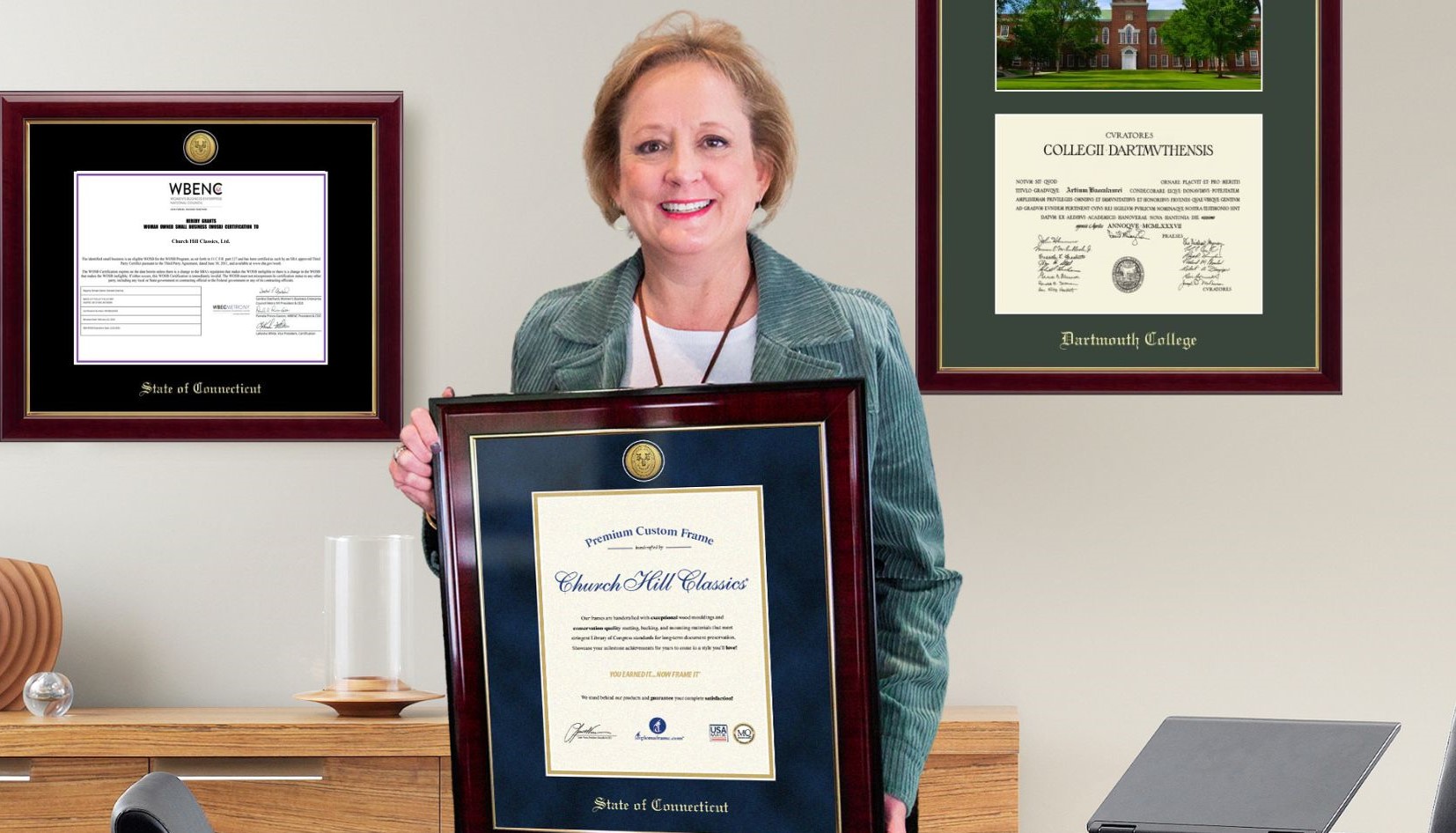Nothing is more fulfilling than pursuing your chosen field. Soon after graduation, you find a job relevant to your profession and start building a career around it. The outcome? You’ll most likely thrive and become successful at it.
But here’s the reality: Over three-quarters of professionals seek to change careers. About 72% of Gen Z and 66% of Millennials think about switching jobs in the next 12 months. Quite recently, both generations have been leading “the big quit.”
The most crucial question is: How can you stay relevant in your field after graduation? Continuous learning is key! Keep reading to get some practical advice from us.
Life is an endless learning process—every day is an opportunity to learn and grow as a person. This idea essentially applies to your career—you’ll always learn something new as a professional as you take one job after another.
However, if you aim to pursue your chosen profession, you better uphold continuous learning soon after graduation. This means taking formal education, relevant training, and work opportunities relevant to your chosen profession.
That said, here’s why continuous learning matters for your career growth and development:
- Knowledge enhancement: The pursuit of knowledge is boundless, given the ever-transforming business landscape, ever-changing industry trends, and ever-evolving job market. If you want to know the ins and outs of your niche, you must stay up-to-date about your chosen field.
- Skills development: Not only does it help enhance your knowledge, but non-stop learning lets you acquire the skill sets necessary to thrive in your chosen career. Remember, 70% of leaders face a workforce skills gap, so it’s best to develop your skills to gain a competitive advantage.
- Career advancement: Most professionals can advance their careers by pursuing higher studies, getting relevant training, and earning standard certifications. Continuous learning not only lets you establish your career but also guides you in your career path to stay in the right direction.
- Professional growth: Non-stop learning allows you to grow as a professional. More importantly, it helps you build your career around your chosen field of expertise as long as you get relevant education and the necessary training. So, if you want to grow professionally, learn consistently!
Earn some practical tips below on how to stay aligned with your professional post-graduation.

How To Stay Relevant in Your Field after Graduation
As a student, you were told to choose a course in college that you are passionate about or interested in. Why? Your chosen profession will likely carve your career path in the future. However, this idea isn’t necessarily true, especially if you fail to align yourself with what your field demands.
That’s why it’s crucial to stay relevant in your field post-graduation through continuous learning. Here’s how:
1. Undergo formal education
It’s easy to see some professionals take their careers to the next level by pursuing higher studies. You should do the same—What better way to stay relevant in your field than to undergo formal education? Here’s how to promote continuous learning relevant to your profession:
- Post-graduate studies: Consider getting master’s and doctorate degrees to upgrade yourself professionally. In university, for instance, these degrees will help you get promoted from an assistant professor to a regular one. In most fields, promotions require higher studies such as the abovementioned.
- Specialized training: Enroll in training programs related to your field. In client relationships for accounting, for example, train yourself on leveraging contract management software and automated accounting tools to become a more efficient and productive certified public accountant (CPA).
- Professional certification: Earn standard certifications for professional upgrades. In digital marketing, you can take online courses offered by trusted platforms, such as Coursera, Udemy, Skillshare, and edX. These platforms will help you learn more about search engine optimization (SEO), pay-per-click (PPC) advertising, content marketing, and social media management.
Jeffrey Zhou, CEO and Founder of Fig Loans, recommends professionals undergo formal education, relevant training, and professional certifications.
Zhou explains, “The job market is always evolving, and investing in yourself is the best way to stay ahead. Whether it’s a master’s degree, specialized training, or a professional certification, continuous learning keeps you competitive and opens doors to new opportunities. The more you know, the more valuable you become in your field.”
2. Pursue professional development
Career growth doesn’t have to be through formal education. You can pursue various relevant activities for professional development. As long as these events are related to your field, you are in the right direction. That said, here are activities you can get involved in for continuous learning:
- Attend related events. Consider attending workshops, conferences, and networking events in your niche or industry. These events will help you develop and acquire the knowledge and skills needed to thrive and succeed in your chosen profession. They pave the way for continuous learning in your field or niche.
- Join professional associations. Professional networks let you be part of a circle in your niche by working with industry leaders, mentors, and other colleagues. They allow you to collaborate with other professionals for specific projects in person or via digital platforms like OWA enterprise emails and even social media channels.
- Enroll in mentorship programs. There’s no denying the role of mentorship not only for student success but also for career development. Remember, learning doesn’t stop after college and once you start working. And still, you need credible and reliable mentors whom you can learn from and seek guidance for your career path.
Fields such as international business, law, healthcare, and tech are constantly evolving and often require you to work with clients from around the world. For professionals in these areas, accessing expert translation services can be a smart way to stay ahead.
3. Have self-directed learning
Continuous learning starts within you; It doesn’t necessarily have to come from others. What better way to ensure this than to have self-directed learning? This means making a conscious effort and taking deliberate action to learn. Here’s how:
- Read relevant materials. Books can be your career best friends and can help nourish your mind. However, ensure you’re devouring relevant content that will let you grow professionally. Remember, a line gets drawn between reading for entertainment and education.
- Watch educational shows. Fret not, as various flicks and clips are at your disposal. But as mentioned, be highly critical and selective in what you’re watching. To promote continuous learning, consume something educational and relevant to your field.
- Learn via social media. You can use social media for career growth, not only for personal entertainment. For instance, LinkedIn allows you to connect with industry leaders, mentors, and other professionals you can learn from. If you’re an SEO specialist, you can follow Brian Dean to learn from one of the experts in the industry!
Peter Čuček, Owner of Tuuli, suggests a deliberate self-study for continuous learning in your field.
Čuček shares, “Learning doesn’t have to come from a classroom—sometimes, the best education is the one you create for yourself. Reading industry books, watching educational content, and engaging with experts on social media can keep you sharp and ahead of the curve. The key is to stay curious and make learning a daily habit.”

4. Grab hands-on learning opportunities
They say that experience is your best teacher, and this applies to your career for continuous learning. It’s best to get hands-on experience to be good at what you do and to thrive in the workplace. Below are practical ways to gain experience for continuous learning in your field:
- Relevant internships: Of course, the most common approach is to get on-the-job training (OJT). Even as a student, you are required to have an OJT to expose yourself to employment. After graduation, consider getting relevant training for learning opportunities related to your field.
- Volunteer work: Another way to get experience is to perform an act of volunteerism. However, make sure this is related to your profession. For example, you can offer custom t-shirts with inspirational quotes and donate them to calamity victims. Not only does this allow you to work but also to connect with various people.
- Side hustles: It’s a great idea to have some side jobs relevant to your field to enhance your knowledge and skills. If you’re currently working as a copywriter, you can try graphic designing as well for upskilling. This will make you a multi-faceted professional in your niche.
5. Get a job in your field
The best way to pursue your chosen profession is to get work in your field. However, it’s not easy to find a job in 2025 and beyond. Despite the opportunities out there, the job market can be pretty tough and highly competitive. Here’s what you need to do.
- Assess yourself. First, weigh your strengths and weaknesses. Factor in your educational background, employment experience, and stock knowledge and skill sets. These factors will guide you in choosing job opportunities related to your field and determine whether you holistically align with these available options.
- Examine the job market. Next, gain a complete understanding of the job market trends in 2025. Suppose you seek to penetrate the gig economy. In that case, understand that its global market could grow at a 16.18% compound annual growth rate (CAGR). So, while capitalizing on it, consider industry segments like asset-sharing, transportation-based, and professional services.
- Apply for related jobs. Finally, you can hit the job market after self-assessment and market research. Start by sending job applications to relevant posts. If you’re lucky enough to get shortlisted, always be confident in any interview. Ultimately, give your best shot to get selected, screened, and hired for a job you truly deserve!
Take it from Stanislav Khilobochenko, VP of Customer Services at MacKeeper. He has his fair share of aligning work experiences with his chosen profession. “Landing a job in your field isn’t just about having the right degree—it’s about aligning your skills, experience, and passion with industry demands.
Khilobochenko says, “Take time to assess your strengths, stay informed about market trends, and apply for roles that truly fit your expertise. The more intentional you are, the better your chances of building a lasting career.”
Final Words
Continuous learning is crucial, especially if you want to stay relevant in your field after graduation. Consider getting a formal education, professional development, self-directed learning, hands-on opportunities, and appropriate work. Not only will these enhance your knowledge and develop your skills, but they will ultimately help you advance your career and grow professionally.
Graduating this year and planning to build your career around your field? Read our blog for valuable insights on work opportunities and career growth. Plus, consider shopping for diploma and certificate frames to symbolize your academic achievement and pave the way for your career success!














